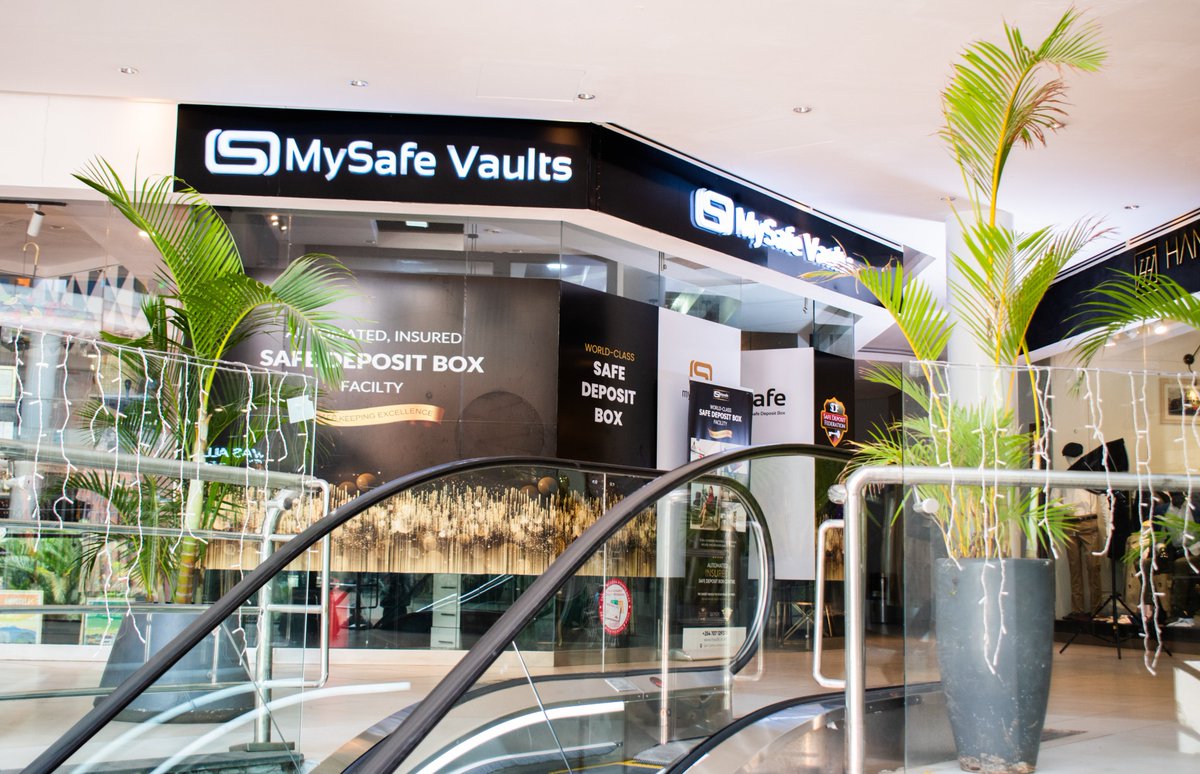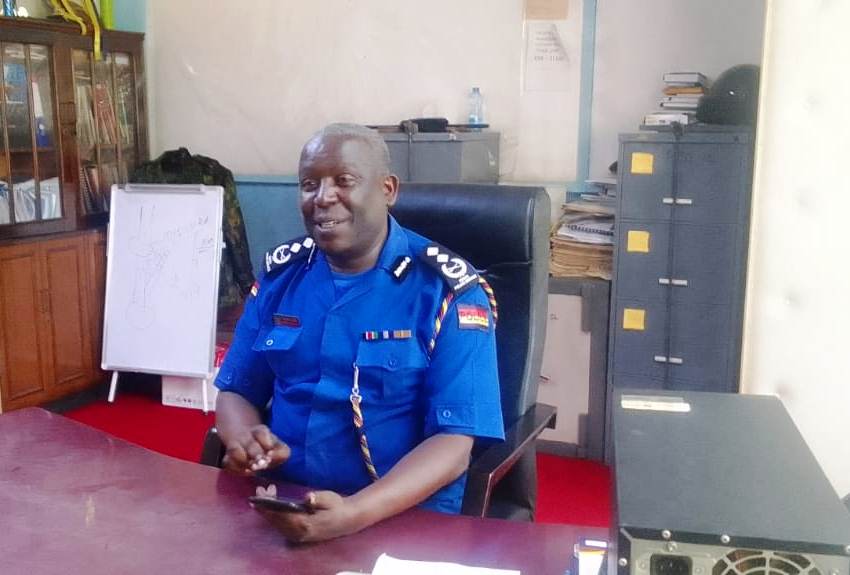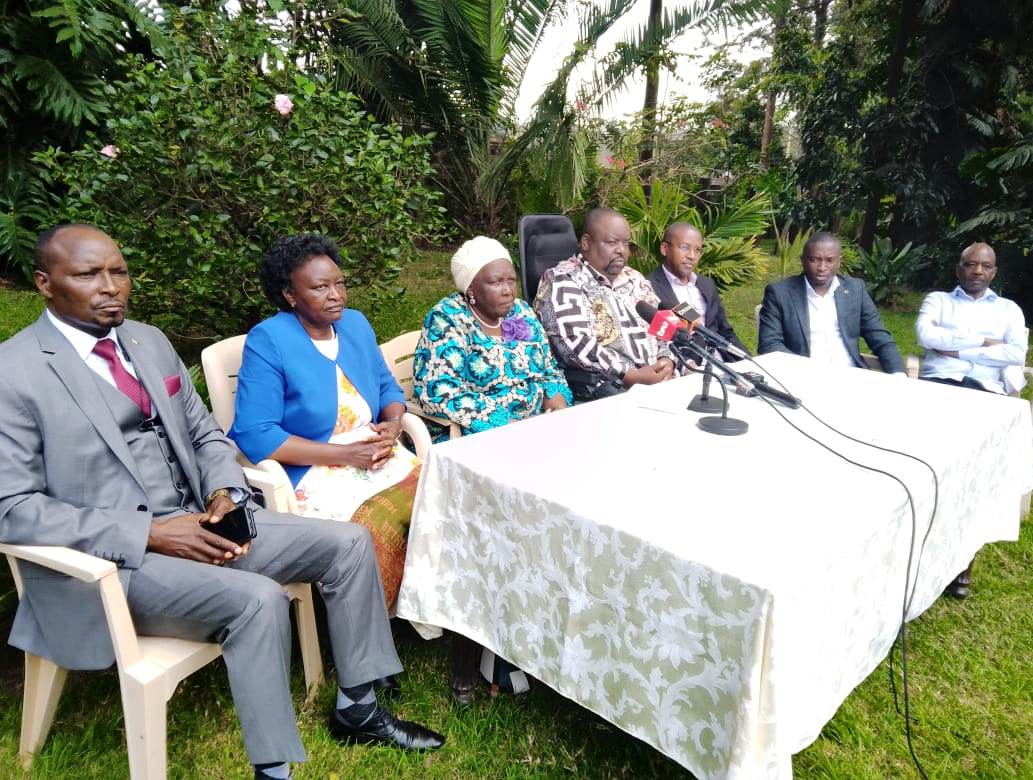By Mdadisi Mmoja
A sprawling fake gold syndicate involving three Congolese nationals and their Kenyan accomplices has been exposed in Nairobi, revealing a complex fraud network that allegedly defrauded a Dubai-based investor of over USD 546,000 (approximately KSh 70 million) in a meticulously orchestrated scam.
The Directorate of Criminal Investigations (DCI), acting on the complainant’s report and surveillance intelligence, raided a Spring Valley residence and arrested six suspects, including alleged ringleader Jean Marie Nfundiko Kamira. Recovered from the scene were 305 kilograms of fake gold, testing equipment, and forged Ministry of Mining documents, all items used to swindle unsuspecting international buyers.
Chief Inspector Leah Ambiche stated that the suspects impersonated senior mining officials and staged a fraudulent transaction to sell 150 kilograms of gold to Sudmet Global FZE, a Dubai-based firm. The gold, stored in metallic boxes and verified with an electronic tester, turned out to be worthless stones.
The suspects allegedly secured the buyer’s confidence using:
- Forged Ministry of Mining ID cards
- A dust coat branded with Kenyan government insignia
- An electronic gold tester
- Fake shipping and assay documents
- A job card with a fraudulent Ministry employment number
Court documents reveal the buyer was introduced to several individuals: Jean Marie Nfundiko Kamira as the seller, Alan Zaphenia Onyango as the lead agent, Edward Leonard Ochieng for verification, and Shem Omollo Onyango, posing as a Ministry official who authenticated the sample.
To further the illusion, the complainant was taken to the actual Ministry of Mining offices, where a doctored assay report was issued. In a masterstroke of deception, the syndicate issued 7kg of “gold” as collateral, later found to be ordinary stones stored at MySafe Place, Sarit Centre.
The buyer, convinced by the appearance of legitimate procedures, was invoiced USD 546,000 by Kristal Commodities Group Limited, a company falsely presented as a licensed exporter. Payments were made between 6th and 10th March 2025, but the consignment never left Kenya.
As the dust settled, the investor, suspecting foul play, set up a sting, expressing interest in purchasing an additional 500kg of gold. In this second trap, another suspect, Peter Lukabaya Mulamba, emerged as the “seller”. This staged transaction, backed by an invoice from SKR Logistics Ltd, led to the arrest of all six suspects in an upscale Spring Valley hideout.
During a court appearance before Milimani Senior Principal Magistrate Dolphina Alego, the DCI requested more time to extract forensic evidence, including:
- Original video footage from the complainant’s phones
- Mobile phone records of the suspects
- Reports from the Ministry of Mining, Immigration, and Business Registration Services (BRS)
The court granted the request, extending investigations to 16 June 2025. The suspects, out on KSh 500,000 bail each, were ordered to surrender their passports and provide two contact persons.
Lawyer Kimani Wachira, watching brief for the complainant, stated the syndicate’s elaborate nature underscores the need for urgent regulatory audits within the gold export sector. “This is not a roadside con. It’s an organised racket with tentacles deep in Nairobi’s high society,” he said.
The case has sparked wider questions about the vulnerability of Kenya’s gold trade and the complicity, whether active or negligent, of government institutions. Investigators suspect similar schemes may have defrauded other international buyers using almost identical tactics.





